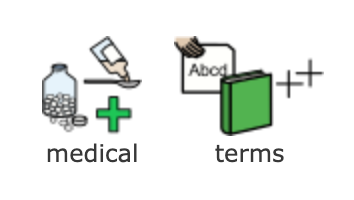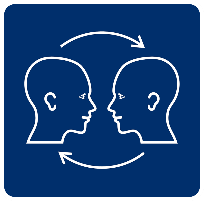
A stroke is a sudden rupture or obstruction in a blood vessel in the brain. This can result in the loss of language and communication skills, known as aphasia.
- A stroke is caused by a bursting of, or blockage in a vein or artery
- This damage prevents the blood supply from getting to the normal part of the brain that the vein/artery feeds
- The part of the brain becomes damaged as it is starved of blood
- Depending on where the damage is, the effects of a stroke can vary, e.g. loss of movement down one side of the body (paralysis), loss of the ability to say words
- A stroke usually happens quite suddenly and may mean the person goes straight to hospital
- Some strokes pass quickly (called transient ischaemic attacks, or TIA) and there is no lasting damage
- Some strokes result in permanent loss of certain movements or language skills
- There are many services that will support you and your family after a stroke
See also
- Factsheet – Causes of Dysarthria
- Factsheet – Dysarthria and Dysphasia
- Factsheet – Funding for communication aids
- Factsheet – Role of the Occupational Therapist
- Factsheet – Role of the Speech & Language Therapist
- Factsheet – The right communication aid?
- Factsheet – What is a communication aid?
- Factsheet – What is a stroke?
- Factsheet – What is Aphasia?






